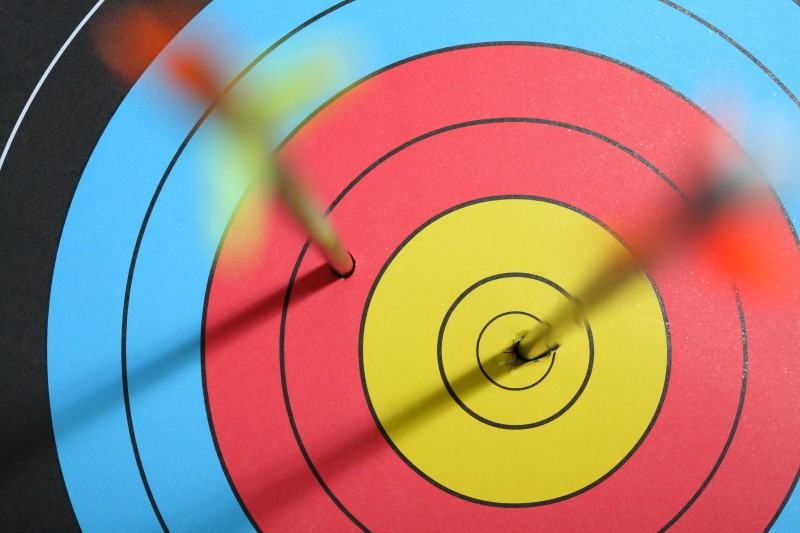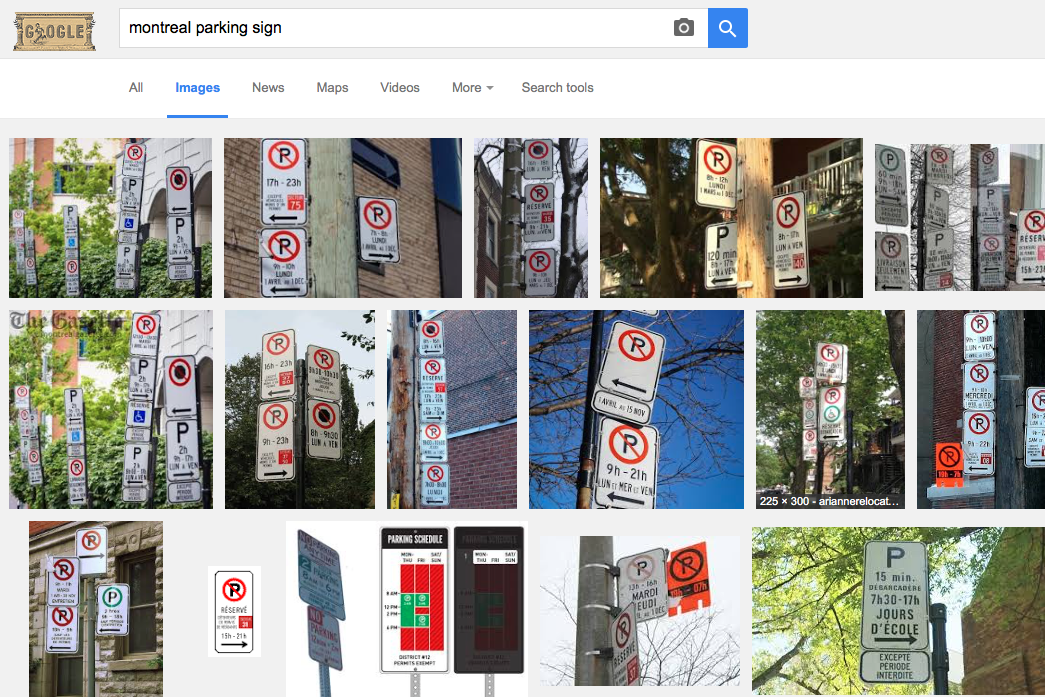People sometimes ask me : “But, but, Francois ( that’s me!) how can you be sooooo creative!!”
Oh how I would like to humbly say that it is an innate talent
That I was born creative!
That I invented two language before I was three years old and that I could communicate with my toes before I was five!
I wish!!
No.
So, here is a list , a very mundane list of some inspiring books compiled form a discussion on the Linkedin Groupe Out of the box thinkers.
A list of French books is available here
Feel free to add your own suggestions in the comments section and to share this post on Twitter or your favorite Social network!
Ah yes.. THIS question again…. did I read all of them?
Is that Why I am sooooo creative ?
OF course! And it is why I am so humble…
Heck, I wish again… the * will tell you which one I read.
So hang in there !
Read some but remember that “curation is curation, not creation!” -Jane Boyd.
So… go create something!!
*Micheal Michalko’s Tinkertoys and companions
*Micheal Gelb’s More balls than hands
*Tony Buzan’s Mind mapping
Biographies about Leonardo, Shakespeare, K. Haring, Krubrick..etc..
*How to think like Leonardo Da Vinci: seven steps to genius everyHow to study, Author: Ronald W. Fry
This “A-plus” read includes how to create a work environment, excel in class, use the library, do research online, and more.
Learning power, Author: Cynthia Johnson
If you are a student who wants at least B average, a student with a part- time job and little spare time, a student who is not living up to your potential, this practical book is for you. Includes tips and examples to reinforce the principles that will help you achieve academic success.
How to think like Leonardo Da Vinci: seven steps to genius every day Author: Michael Gelb
Learn how to approach life like a genius using 7 principles of Leonardo curiosity and continuous learning, learning from experience, sensory awareness, accepting and embracing uncertainty, balancing art and science, or “whole-brain” thinking, physical fitness and ambidexterity and seing the interconnectedness of everything.
Power of creative intelligence: 10 ways to tap into your creative genius Author: Tony Buzan
This book is full of fun games and tools to help you make the most of your own creativity.
The creative habit: learn it and use it for life: a practical guide, Author: Twyla Tharp
From an accomplished dancer/choreographer this insightful book helps you find and develop a system fro turning an idea into product.
Memory
How to pass exams: accelerate your learning, memorize key facts, revise effectively Author: Dominic O’Brien
This book will teach you how to exercise your memory. It presents methods for learning memorization techniques of difficult to organise information.
Improving memory,Author: David Thomas
Find out how to enhance your memory power, train your memory, and learn the tricks that will help make your memory work for you.
Powerful Habits Keys to effective learning: developing powerful habits of mind,Author: Carol Carter
Get ready to learn through self-awareness, goal setting and time management, as well as, critical and creative thinking, targeting success in school through reading and studying, listening and memory. Find out many effective learning techniques.
Organizing from the inside out for teens: the foolproof system for organizing your room, your time and your life Author: Julie Morgenstern
This book addresses the crucial subject of organization as it relates to young people. Featuring quizzes, self-tests, anecdotes, advice from other teens, and lively graphics, it proves indispensable to teens.
The 7 habits of highly effective teens,Author: Sean Covey
Great guide on how to develop powerful habits for success written especially for teens.
Research
Research Ate My Brain, Author: Illustrator Martha Newbigging Publisher: Toronto Public Library
Research survival guide they’ve been looking for. Written in a humorous style, this handy handbook shows students how to master the vast and complex resources that are available. Each chapter breaks the research process down into bite-sized pieces: how to access invaluable library materials (books, journals, newspapers, databases, audio and video); secrets to successful surfing online; how to identify and source reliable research sites; best bets on fact gathering; and, most importantly, evaluating and organizing all that information.
Study Skills
Beat procrastination and make the grade: the six styles of procrastination and how students can overcome them Author: Linda Sapadin
Overcoming procrastination is difficult, especially when it seems there are so many tasks in need of accomplishing. But overcoming itm eans becoming a more focused, whole individual who knows what she wants.
Effective study skills: maximizing your academic potential,Author: Judy Roberts
The book covers time-management, concentration and memory, and critical reading and thinking. Written for people who want to reach their maximum potential in learning and comprehension in any field.
*Daniel Pink’s A Whole New Mind comes to mind.
TED.org
An incredible web site full of extraordinary performances. Great insights, great presentations, a source of inspiration.
Any book by Arthur VanGundy.
*Dr. Edward de Bono – Lateral Thinking
Think Better by Tim Hurson
Caffeine for the creative mind by Stefan Mumaw & Wendy Oldfield.
The Art of Innovation by Tom Kelly.
*The Imagineering Workout by The Disney Imagineers is very useful.
Ideaspotting by Sam Harrison.
Zing again by Sam Harrison.
“Serious Creativity” by Edward de Bono
“Jumpstart your Brain” and “Jumpstart your Business Brain” by Doug Hall.
Eye Tricks by Gary W. Priester & Gene Levine.
More practising dan reading about creativity! Very good!
Salvador Dali,50 Secrets of Magic Craftsmanship.
He tells you how he paints technically. Including some very odd oddities that you would expect from the eccentric painter….something like this… “I take a nap holding a spoon. When the spoon falls I awake this gives me access to the dream state prior to full consciousness”
Both books by Doug Hall are priceless.
- Jumpstart your brain
2. Jumpstart your Business Brain
The Artist’s Way by Julia Cameron. Absolutely essential.
Catching the Big Fish by David Lynch
Creative Leadership, written by Gerard Puccio from the International Center for Studies in Creativity in Buffalo;
Think Better from Tim Hurson;
Jack’s Notebook from Gregg Fraley;
*A whack on the side of your head” by Roger von Oech?
Consilience by Edward Wilson,
On Intelligence, by Jeff Hawkins
“The Art of Looking Sideways” by Alan Fletcher
“The Ten Faces of Innovation” – Strategies for Heightening Creativity” by Tom Kelley
“Creativity, Innovation and Quality” by Paul Plsek




